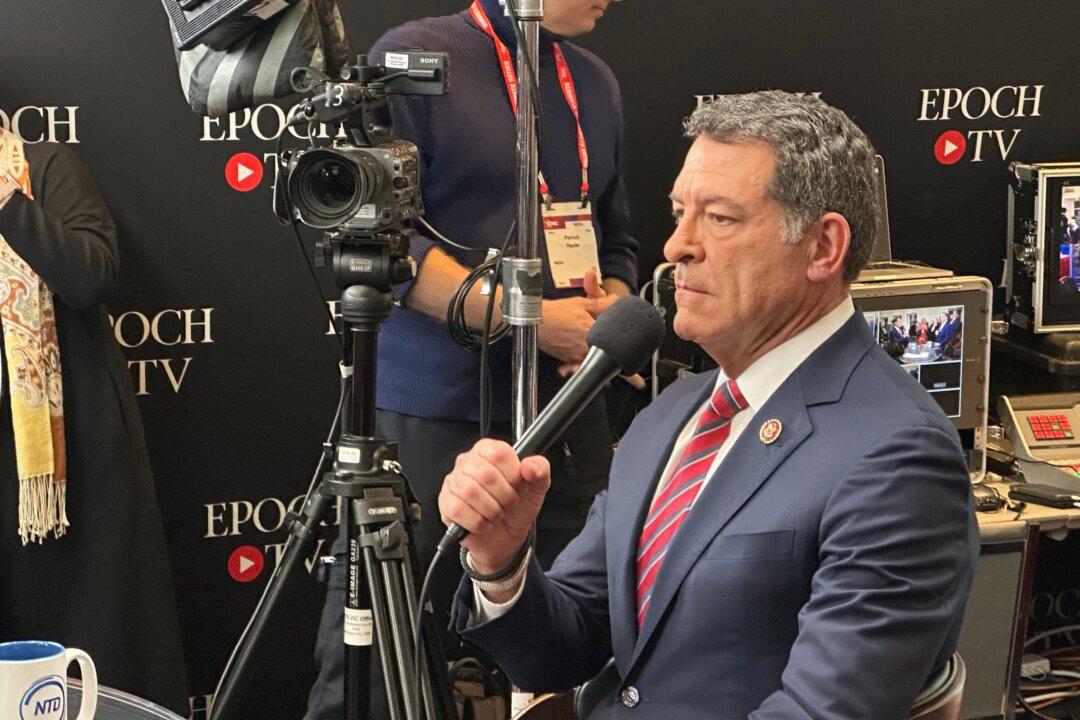A Republican lawmaker has introduced a bill seeking to block a rule from the Biden administration, which he claims will harm the U.S. gun industry’s export business.
On April 26, the U.S. Department of Commerce’s Bureau of Industry and Security (BIS) published an interim final rule concerning the export of firearms, ammunition, and related components.





